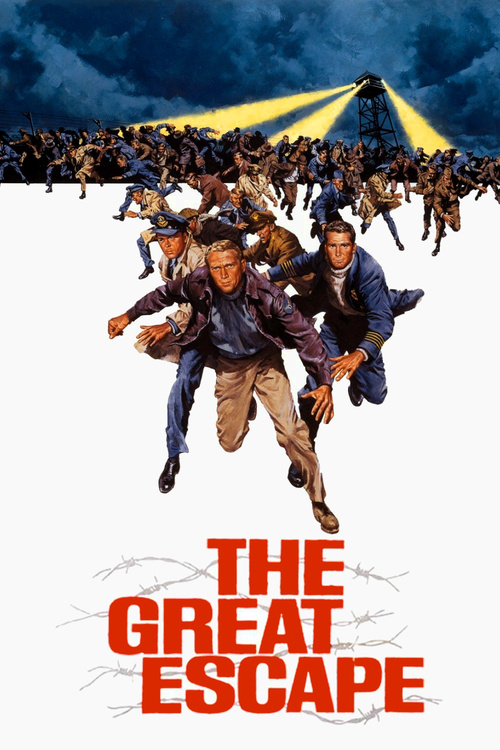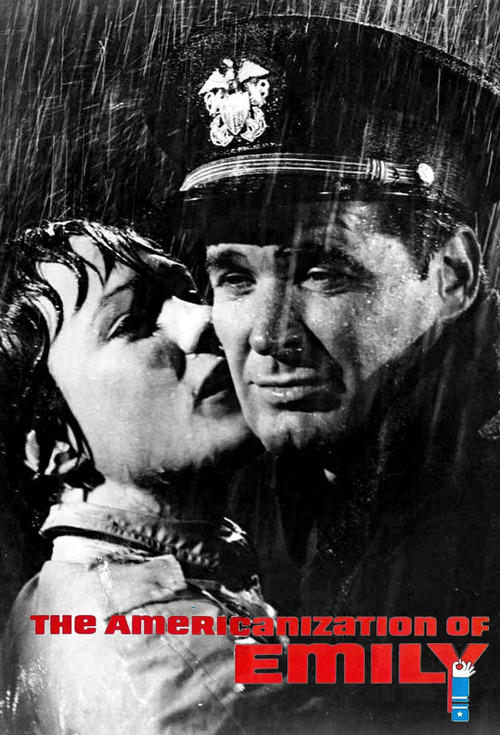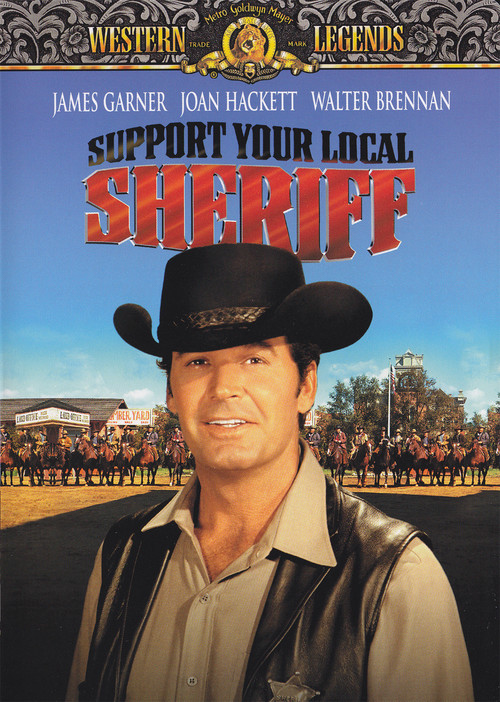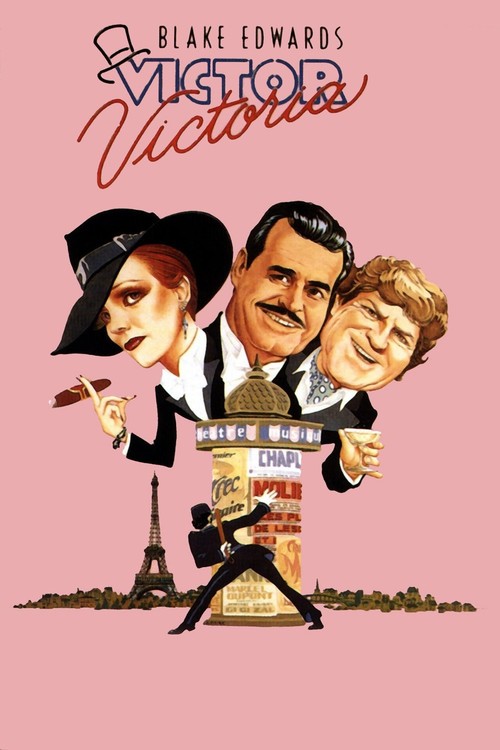How many actors have looked at James Garner's square jaw and wavy black hair and wished they could cut such a manly figure? Yet Garner was most comfortable in roles where he was considerably less than heroic. He was a regular, folksy kind of guy trapped in a movie star's body. But if you had ever called him a movie star, he'd have probably shrugged it off.
Garner, who passed away Saturday night at age 86, often said that didn't care much about Hollywood, and that he'd stumbled into acting by accident. A friend had once told Garner he planned to work in Los Angeles as an agent. After serving in the Korean War (where he earned two Purple Hearts), Garner worked dozens of odd jobs that took him on a circuitous route to LA. One day Garner noticed a sign on a window with his old friend's name on it. Indeed, Garner's buddy had done just what he said: gone to LA and become an agent.
On a whim, Garner visited his friend and was offered a non-speaking role in a Broadway production of “The Caine Mutiny Court-Martial." Garner was 25, and not interested in acting, but knew he couldn't pass up the job. He especially wanted a chance to meet the show's star, Henry Fonda. Garner would later say, "I swiped practically all my acting style from him." Garner began his film career in 1956, as a contract player for Warner Bros., at a rate of $200 per week. It was, he thought, a way to make a buck.
Garner would go on to star in several television series, the two most popular being "Maverick" (1957-1960) and "The Rockford Files" (1974-1980), plus more than 50 movies, most notably 1963's "The Great Escape" and the following year's "The Americanization of Emily."
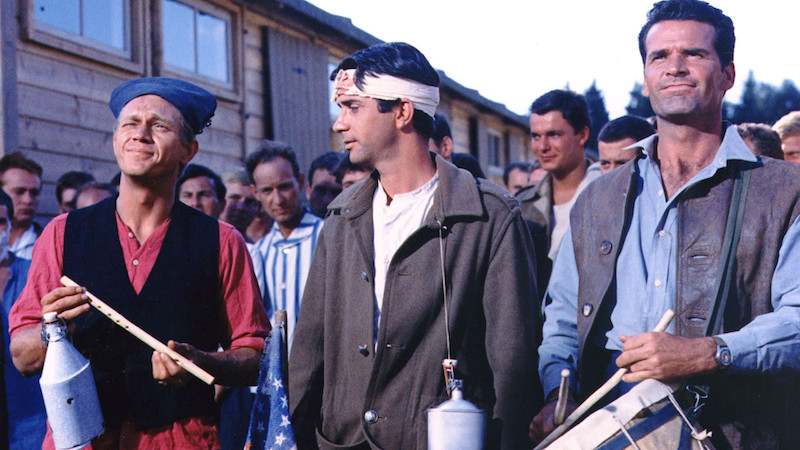
TV viewers of the 1980s may remember him best for appearing in countless humorous TV commercials for Kodak film, where Garner played the harried husband of Mariette Hartley. They were such a convincing pair that Hartley had to constantly remind people that they weren't married in real life.
James Scott Bumgarner was born in Norman, Oklahoma, on April 7, 1928. His mother died early, and he'd grown up with an abusive stepmother. He was also an indifferent student at best. Out of the house and on his own at 14, Garner drifted, working an endless series of jobs: telephone installer, oil field roughneck, model, chauffeur, dishwasher, janitor, lifeguard, grocery clerk, salesman, gas station attendant...
It's no wonder he was drawn to characters who were often strapped for money (who can forget the endless messages on Jim Rockford's answering machine, reminding him that another check had bounced?), for Garner himself was often broke in his younger days.
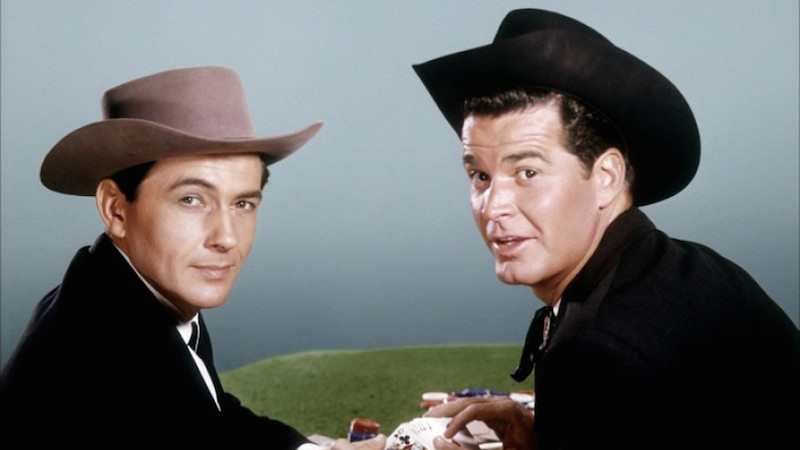
Many of his early appraisers compared him to the classic leading men of the past, but he brought a unique slant to traditional characters. Maverick, for instance, never used a gun or spent much time on a horse. When asked about the character of Bret Maverick, Garner said, "I'm playing me. Bret Maverick is lazy: I'm lazy. And I like being lazy."
Garner also had a prickly side, especially when he felt he wasn't being treated fairly. He walked out of "Maverick" after only three seasons (it went on for two more without him) after winning a breach of contract suit. He would later sue Universal, which he accused of cheating him out of his share of profits on “The Rockford Files.” Universal settled in 1989, reportedly paying Garner more than $14 million.
Surprisingly, Garner suffered from stage fright and hated speaking in public. Still, he was extraordinarily quick-witted. When he was once asked if he would ever do a nude scene, Garner responded, "I don't do horror movies."
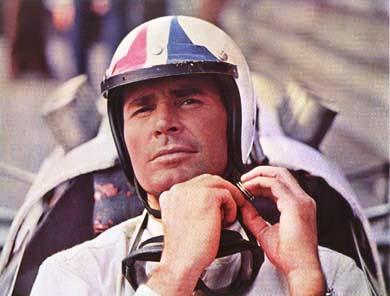
Garner was an auto racing enthusiast, a lifelong Democrat, a sports buff, and once owned a 400-acre vineyard in Santa Ynez, California. His marriage to Lois Fleishman Clarke, which lasted up until his death, was one of the longest in Hollywood, beginning in 1956. "Marriage is like the Army," Garner said. "Everyone complains, but you'd be surprised at the large number of people who re-enlist."
Garner adopted Clarke's daughter Kimberly from a previous marriage, and a year later he and Clarke had their only child together, Gigi Garner.
For a man who looked at acting as merely "a way to put a roof over my head," Garner left an indelible mark on the memories of his fans.
He was leading-man-handsome, but had a lot more to offer. He projected depth, honesty, integrity, but also a touch of vulnerability. Few would argue that he was one of the most likable actors ever to appear on-screen.
We weren't the only ones who appreciated him. In a 1973 interview, no less a figure than John Wayne praised Garner as "the best American actor."
Not bad for a guy who really didn't care that much about show business.
